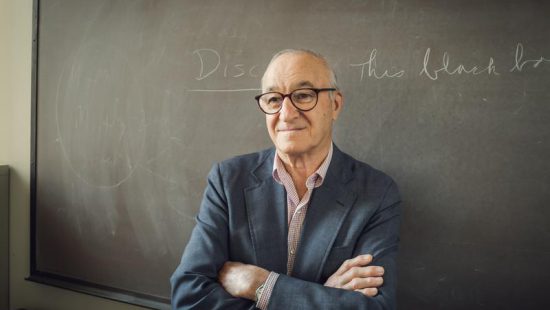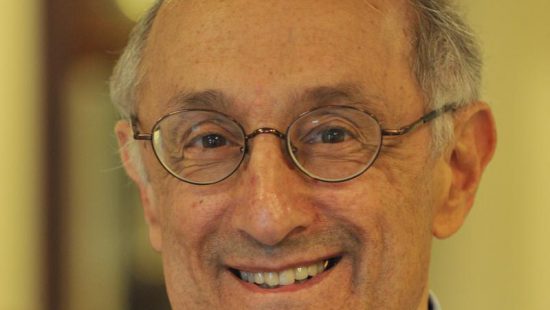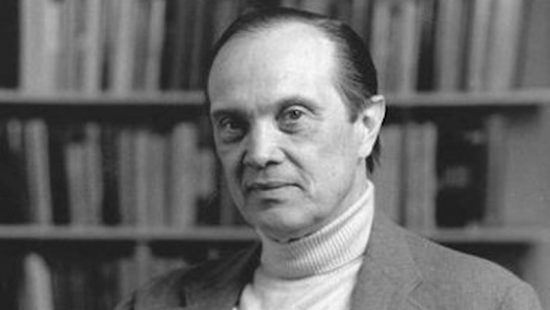The mysteries of human behavior have long been the realm of philosophical inquiry. But it is the models developed by mathematical psychologist R. Duncan Luce that have been widely adopted as tools for explaining and predicting people’s everyday decisions. By combining mathematical modeling with psychological experiments, Luce was able to help researchers quantify and compare the ways that people experience the world around them. He played a key role in the development of game theory, an important concept in economics, and worked in the early part of his career on mapping and understanding human social networks. Luce is perhaps most well known for formulating Luce’s choice axiom, a core principle in psychology, which states that the presence or absence of alternatives should not affect the probability that one option is chosen over another.
Luce earned a bachelor’s degree in aeronautical engineering and a PhD in mathematics from the Massachusetts Institute of Technology, and held professorships at Columbia University, Harvard University, the University of Pennsylvania, and the University of California, Irvine. He was elected to the National Academy of Sciences in 1972.
By Jeremy Gordon







